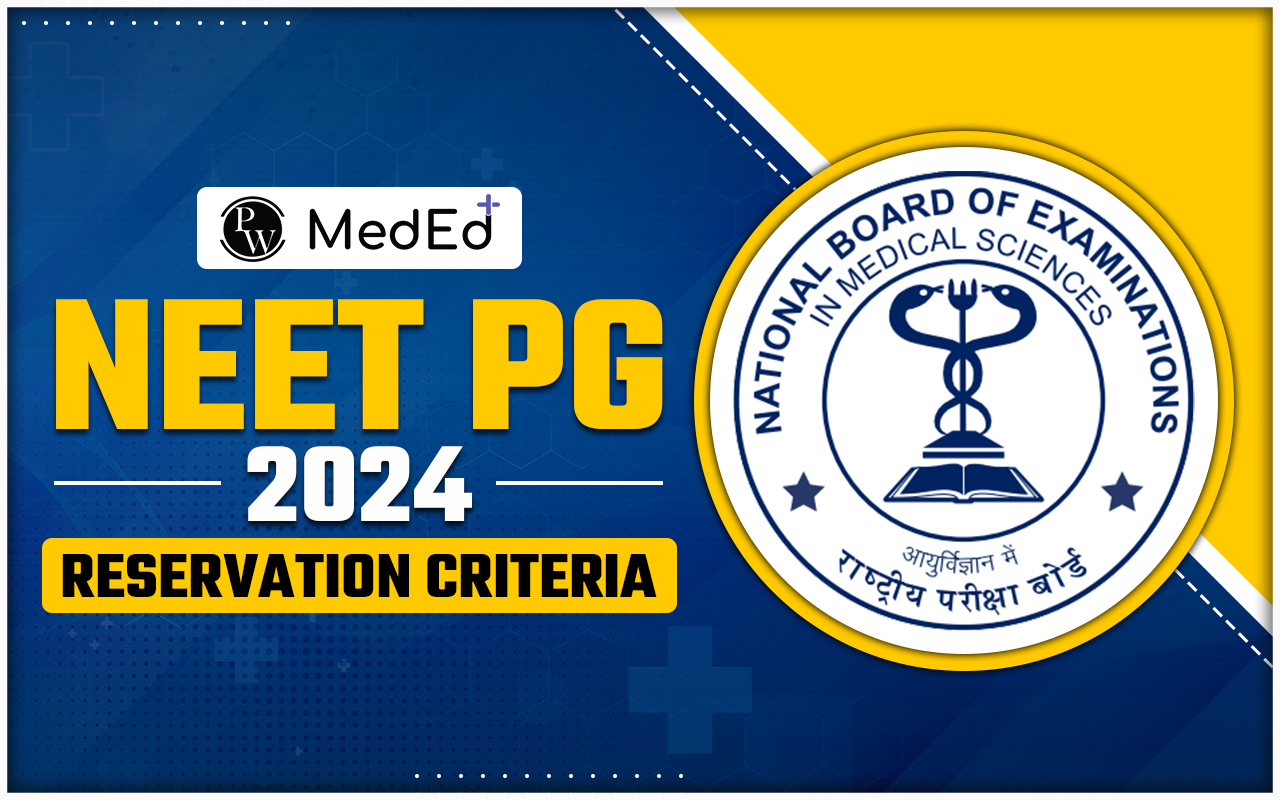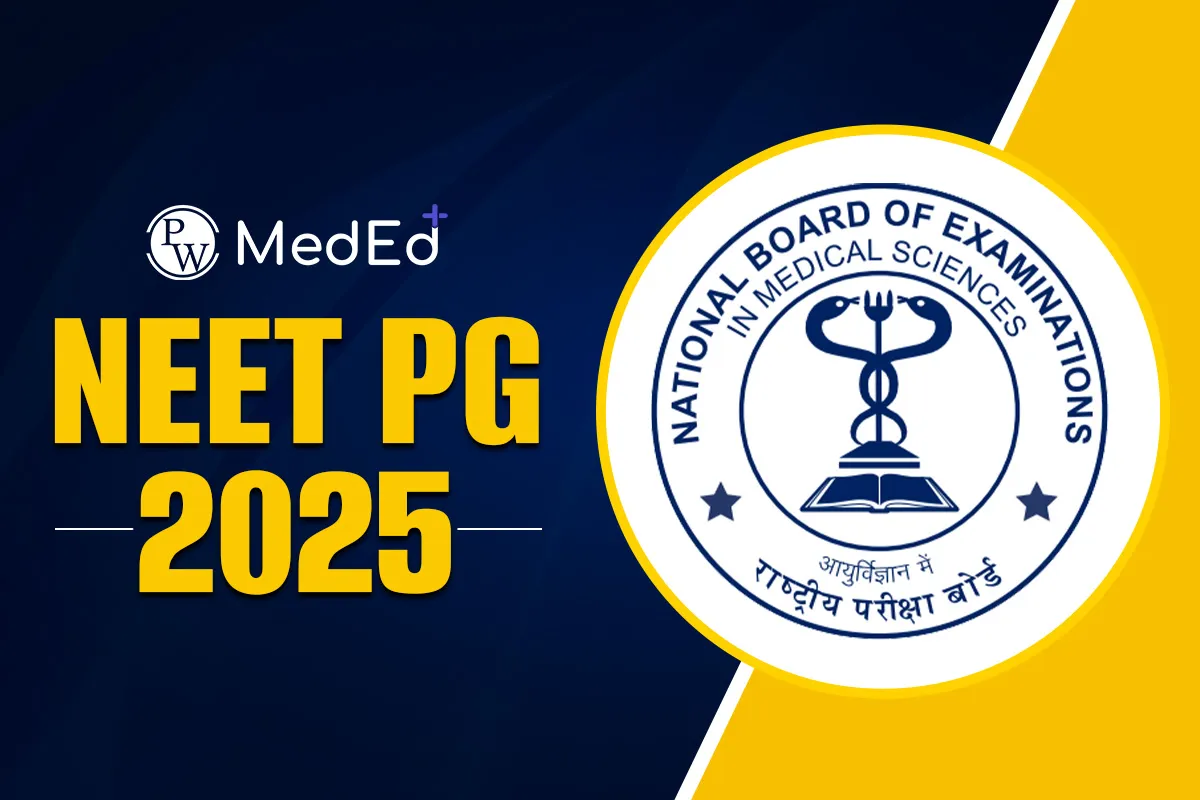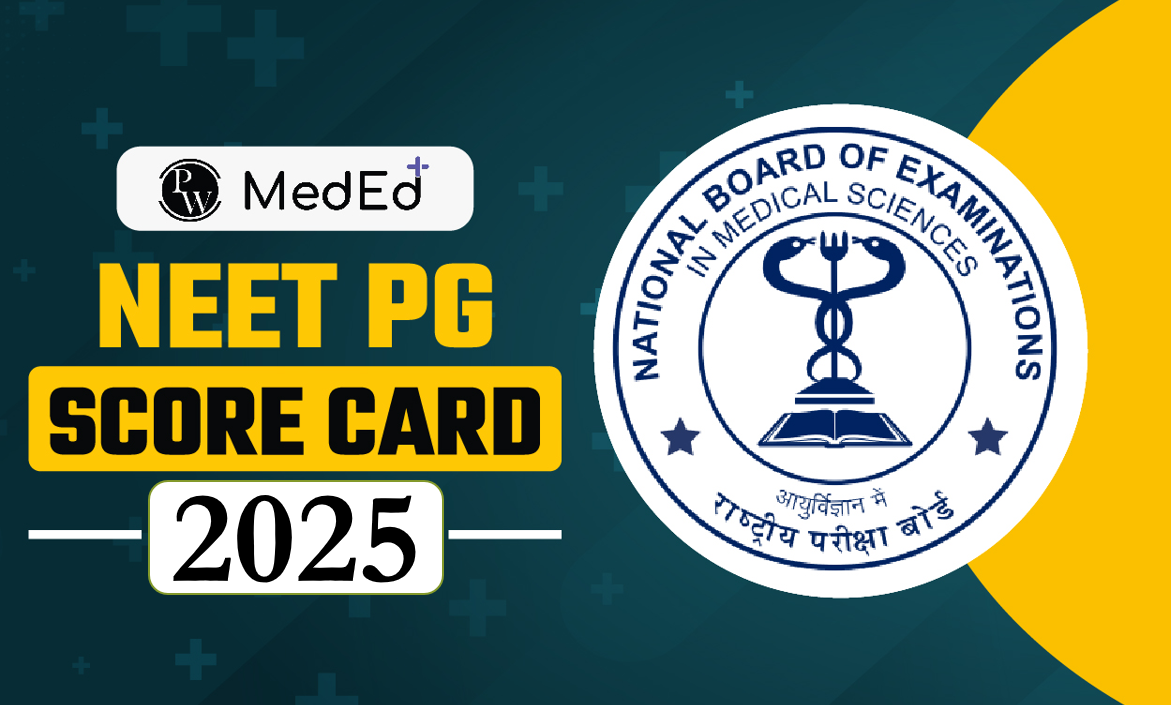Revised NEET PG Reservation System for 50% AIQ Seats
For NEET PG 2024, the reservation system for 50% of the All India Quota (AIQ) seats is managed by the Medical Counselling Committee (MCC). This section of the reservation policy ensures that certain percentage of seats are reserved for different categories. The allocation is as follows:
|
Revised NEET PG Reservation System for 50% AIQ Seats
|
|
Category
|
Reservation Percentage
|
|
OBC (Non-Creamy Layer)
|
27%
|
|
SC (Scheduled Castes)
|
15%
|
|
ST (Scheduled Tribes)
|
7.50%
|
|
EWS (Economically Weaker Sections)
|
10%
|
|
PwD (Persons with Disabilities)
|
5%
|
This system is designed to ensure fair representation of all categories across the country in postgraduate medical education.
Also Read :
NEET PG 2024 Last 15 Days Preparation Strategy
NEET PG 2024 Reservation Criteria for State Quota Seats
In addition to the AIQ seats, each Indian state government is responsible for determining the reservation criteria for the remaining 50% of state quota seats. These criteria can vary between states but generally follow similar principles. A 5% horizontal reservation is consistently provided for PwD candidates under the state quota seats. It is essential for candidates to be aware of their state-specific reservation policies, as these can affect their admission prospects.
Category-Wise NEET PG 2024 Reservation Details
Understanding the reservation criteria for each category is crucial for NEET PG 2024 candidates. Here’s a detailed look at the reservation policy:
|
Category-Wise NEET PG 2024 Reservation Details
|
|
Category
|
Reservation Percentage
|
Description
|
|
SC (Scheduled Castes)
|
15%
|
Ensures adequate representation of Scheduled Castes in the medical field.
|
|
ST (Scheduled Tribes)
|
7.50%
|
Supports the inclusion of candidates from Scheduled Tribes in medical education.
|
|
OBC (Non-Creamy Layer)
|
27%
|
Applies to non-creamy layer OBC candidates in AIQ seats, with specific income and job criteria.
|
|
EWS (Economically Weaker Sections)
|
10%
|
Benefits candidates from economically weaker backgrounds, introduced in 2019, with family income below a certain threshold.
|
|
PwD (Persons with Disabilities)
|
5%
|
Provides horizontal reservation for candidates with disabilities, ensuring equal opportunities in medical education.
|
Who Regulates the NEET PG Reservation Criteria 2024?
The reservation criteria for NEET PG 2024 are regulated by several key bodies, including the Medical Counselling Committee (MCC), the National Medical Commission (NMC), and individual state governments. These authorities are responsible for implementing the reservation policies and ensuring that the process remains fair and transparent throughout the counselling and admission stages.
Also Read :
Karnataka Govt to Scrap NEET
NEET PG 2024 Reservation: Different Quota Seats
NEET PG 2024 counselling process meticulously applies these quotas to ensure that candidates from various categories and backgrounds receive fair and equitable access to medical education across different types of institutions. For NEET PG 2024, various quota seats are considered during the counselling process:
-
50% All India Quota Seats
: Reserved for candidates across the country without state domicile requirements.
-
50% State Quota Seats
: Reserved for candidates who are domiciled in the respective state.
-
Armed Forces Medical Services, Deemed Universities, Central Universities, and ESIC Colleges
: Each has its own reservation policies and criteria.
NEET PG Reservation: 50% AIQ Seat
The All India Quota (AIQ) applies to 50% of the total postgraduate seats in government medical colleges nationwide, including reserved seats for OBC and EWS categories. The remaining 50% of AIQ seats are designated for candidates with state domicile. This quota allows candidates from any state to apply for government colleges across India, except Jammu and Kashmir, with no state-specific residency requirement. Essentially, AIQ seats represent half of the total seats contributed by states and union territories to a centralized admission pool.
Timeline of NEET PG Reservation in AIQ Seats:
The All India Quota (AIQ) scheme, introduced in 1986, provides merit-based admission into government medical colleges across India, irrespective of state domicile. The scheme was modified in 2021 to include 27% reservation for OBC and 10% for EWS in AIQ seats.
-
1986
: Introduction of AIQ scheme.
-
2007
: Supreme Court upheld reservation in AIQ scheme for SC and ST.
-
2021
: Implementation of 27% reservation for OBC and 10% for EWS in AIQ seats.
NEET PG Reservation for OBC
OBC candidates are allocated a 27% reservation in All India Quota (AIQ) seats, reflecting the updated reservation policy. To be eligible for this reservation, candidates must belong to the non-creamy layer of the OBC category, which is determined based on specific income and job criteria. This means that their family income should be below a certain threshold, and they should not hold high-ranking government positions. Additionally, their caste must be included in the Central OBC list, which is a comprehensive registry of recognized OBC groups. This policy ensures that candidates from economically disadvantaged backgrounds within the OBC category have fair access to postgraduate medical education through the AIQ system.
NEET PG Reservation for EWS
The EWS category is allotted a 10% reservation in AIQ seats. Eligibility requires an annual family income below Rs 8 lakh, without ownership of significant assets such as large agricultural land or extensive residential property.
By understanding and adhering to these reservation policies, candidates can better navigate the NEET PG 2024 admission process and ensure they benefit from the reserved quotas allocated for different categories.
Want to crack NEET PG exam? Download the
PW Med Ed
app now and give wings to your medical dreams!














